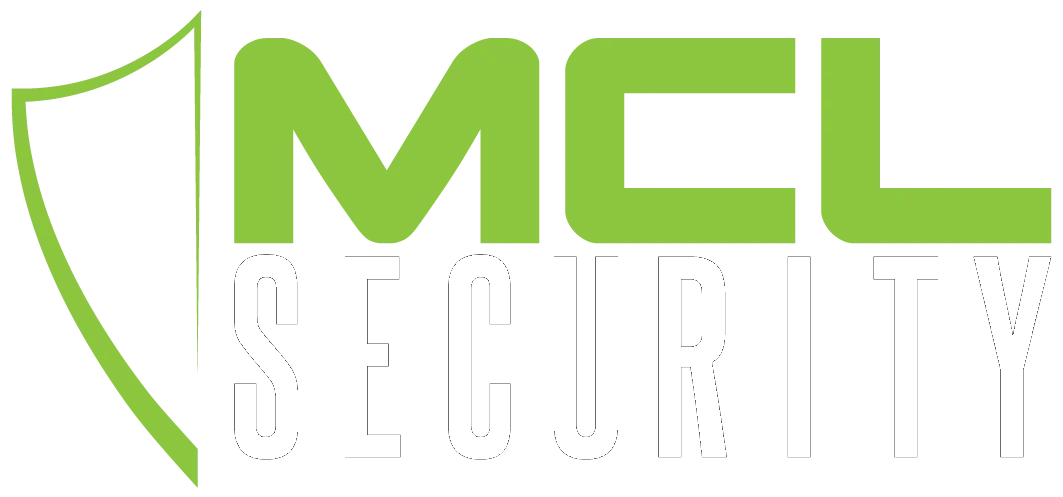In today’s digital world, cybersecurity is not just a concern for large corporations or tech giants—it’s a critical necessity for small businesses as well. With the increasing reliance on technology and the internet, small businesses are just as vulnerable to cyber threats as their larger counterparts. In fact, cybercriminals often target small businesses due to perceived weaker defenses and the potential for quick, lucrative gains. This blog explores why cybersecurity is essential for small businesses, the risks they face, and how they can protect themselves from becoming easy targets.
1. The Rising Threat Landscape
Increased Cyber Attacks: Cyberattacks are becoming more sophisticated and widespread, targeting businesses of all sizes. Small businesses are not immune; in fact, they are often targeted precisely because they may lack robust security measures.
Types of Threats:
- Phishing Attacks: Deceptive emails or messages designed to trick employees into revealing sensitive information or installing malware.
- Ransomware: Malicious software that encrypts a business’s data and demands payment for its release.
- Data Breaches: Unauthorized access to confidential information, which can lead to financial loss and reputational damage.
- Denial of Service (DoS) Attacks: Overloading a website or network with traffic, rendering it inaccessible to legitimate users.
2. The Impact of a Cybersecurity Breach
Financial Loss: The cost of a cybersecurity breach can be devastating for a small business. Expenses may include legal fees, regulatory fines, loss of revenue due to downtime, and costs associated with notifying affected customers. According to a 2023 report by the Ponemon Institute, the average cost of a data breach for small businesses is around $3.5 million.
Reputational Damage: A data breach can severely damage a company’s reputation. Customers may lose trust in a business that fails to protect their personal information, leading to a loss of clientele and diminished brand value.
Operational Disruption: Cyberattacks can disrupt business operations, causing downtime and affecting productivity. This can impact sales, customer service, and overall business performance.
Legal and Regulatory Consequences: Small businesses may face legal actions and regulatory penalties if they fail to comply with data protection laws and regulations. This includes fines for non-compliance with standards such as GDPR or CCPA.
3. Why Small Businesses Are at Risk
Limited Resources: Small businesses often have limited budgets and resources, which can result in underfunded or outdated cybersecurity measures. This makes them more vulnerable to attacks compared to larger organizations with more substantial security investments.
Lack of Expertise: Many small businesses lack in-house cybersecurity expertise, leaving them ill-equipped to handle complex security threats and implement effective defenses.
Targeted Attacks: Cybercriminals frequently target small businesses because they may not have the same level of security sophistication as larger companies. Attackers may view small businesses as easier targets with valuable data that can be exploited or sold.
4. Essential Cybersecurity Measures for Small Businesses
1. Implement Strong Password Policies:
- Use Complex Passwords: Ensure that all passwords are strong, combining letters, numbers, and special characters.
- Regular Updates: Change passwords regularly and avoid using the same password across multiple accounts.
- Multi-Factor Authentication (MFA): Implement MFA to add an extra layer of security beyond just passwords.
2. Invest in Antivirus and Anti-Malware Software:
- Regular Scanning: Use reputable antivirus and anti-malware tools to scan for and remove threats.
- Automatic Updates: Keep software up to date to protect against the latest threats.
3. Secure Your Network:
- Firewalls: Install and configure firewalls to protect against unauthorized access and monitor network traffic.
- Encryption: Use encryption to secure sensitive data both in transit and at rest.
4. Backup Your Data:
- Regular Backups: Regularly back up critical data and store it securely. Ensure backups are tested and can be restored if needed.
- Cloud Backup Solutions: Consider using cloud-based backup solutions for added security and accessibility.
5. Educate Your Employees:
- Training Programs: Provide cybersecurity training to employees, teaching them to recognize phishing attempts, practice safe browsing habits, and follow security protocols.
- Awareness Campaigns: Regularly update employees on emerging threats and best practices for maintaining security.
6. Develop an Incident Response Plan:
- Preparedness: Create a plan detailing how to respond to a cybersecurity incident, including communication strategies, roles and responsibilities, and recovery procedures.
- Testing: Regularly test and update the incident response plan to ensure its effectiveness.
7. Secure Your Devices:
- Endpoint Protection: Install security software on all devices used for business purposes, including computers, smartphones, and tablets.
- Patch Management: Regularly update operating systems and applications to fix vulnerabilities and enhance security.
8. Monitor and Audit Your Systems:
- Continuous Monitoring: Implement tools to monitor network activity and detect suspicious behavior.
- Regular Audits: Conduct periodic security audits to identify and address potential vulnerabilities.
5. Seeking Professional Help
Managed Security Service Providers (MSSPs): Small businesses can benefit from partnering with MSSPs that offer expertise and comprehensive security solutions tailored to their needs.
Consultants and Experts: Engage cybersecurity consultants to assess your security posture, recommend improvements, and assist with implementing best practices.
Conclusion
Cybersecurity is a critical concern for small businesses, and investing in robust security measures is essential to protect against the myriad of threats they face. By understanding the risks, implementing effective security practices, and seeking professional guidance when needed, small businesses can safeguard their digital assets, maintain customer trust, and ensure their long-term success. In the digital age, proactive cybersecurity is not just a defensive measure—it’s a strategic necessity that enables small businesses to thrive in a secure environment.

